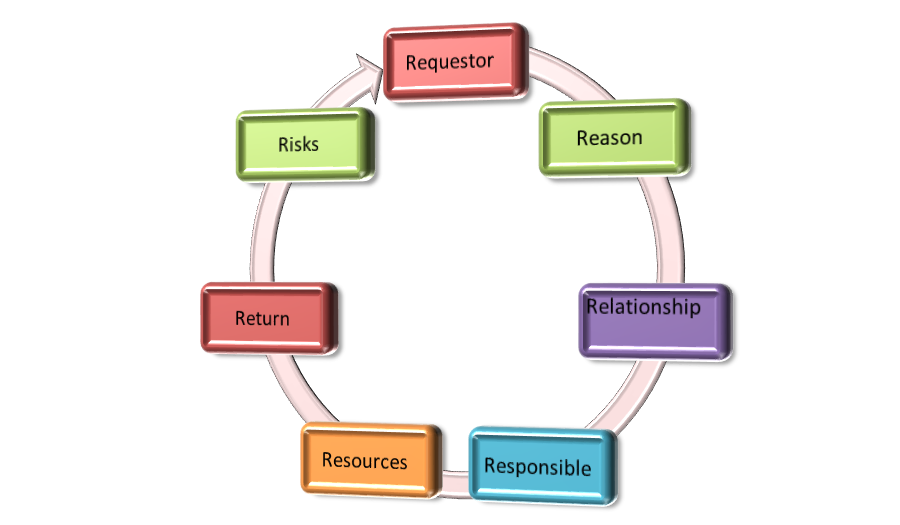Corby is a part of the county of Northamptonshire and is located 23 miles from Northampton, England. Corby. In 2011, had a population of 61,300 and was considered to be the fastest growing county in the whole of England as far as the census was concerned. With the opening of the Corby Railway Station and Corby International Pool in 2009 and the Corby Cube building in 2010, Corby went through a regeneration process. At one time, Corby was known as “Little Scotland” as many workers came from Scotland to Corby seeking employment. As a part of Queen Elizabeth II’s Diamond Jubilee Celebration’s, Corby bid to gain city status. Unfortunately, it lost to Perth, Chelmsford and St Asaph.
In and around areas surrounding Corby, artefacts and human remains from the Mesolithic, Neolithic and Bronze Age have been found. Corby got its name from the first settlers who were Danish invaders. It was then called "Kori's by" meaning Kori's settlement. The Domesday Book of 1086 recorded the name as "Corbei" and this went on to become Corby. Emblem of Corby known as the raven originates from an alternative meaning of the same word.
Henry III granted Corby the right to hold a market and annual fairs in 1226.C. In 1568, Elizabeth I exempted local landowners from tolls, dues and gave all men the right to refuse to serve in the local militia.
The Corby Pole Fair takes place every 20 years since it first started in 1862 when Corby got its charter. The next pole fair is scheduled for 2022.
Sports
- Corby Town F.C. – Football, National League North.
- The Stewarts & Lloyds Corby F.C. – Football, The United Counties League.
- Corby has neither neglected the kids nor the overage. There is a club for athletics for people whose age starts from 11 to over 60. The upper age group was promoted to Midland East 1 in the Youth Development League and also earned advancement in the Heart of England Athletics League.
Toxic waste contamination
In July 2009 Corby Borough Council was brought before justice for negligently exposing pregnant women to toxic waste during the reclamation of the former British Steel Corporation steel works, causing birth defects to their children. The judge found in favour of 16 claimants out of the 18 with the oldest being 22 years at the time of the judgement. As the ruling was the first among such, it was quite a significant one.

 ENQUIRE
ENQUIRE
 REQUEST CALLBACK
REQUEST CALLBACK
 GET A FREE QUOTE
GET A FREE QUOTE


 Introduction
Introduction Course Details
Course Details Course Content
Course Content





 London
London